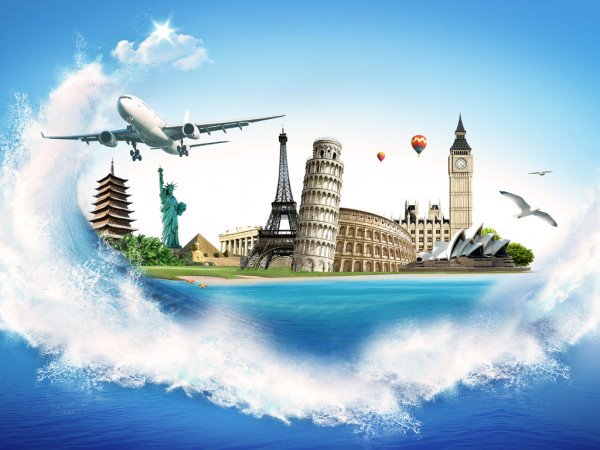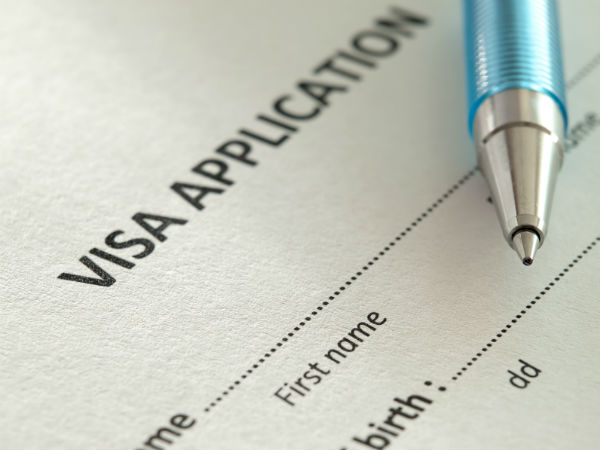
03 May Inside The Visa Approval Process
The fate of your visa application is inextricably woven into the fabric of international policy.
The large number of people who have begun travelling across borders in the modern era has given rise to a sophisticated global system of immigration control. The two tools national agencies use to screen visitors and émigrés are passports and visas.
Though nations themselves don’t liaise individually with one another when exchanging details on normal travellers, a number of international organisations exist which disseminate passenger information.
The affairs of the state
The external affairs authorities of visa issuing countries also utilise citizen records from their country of origin. These are usually given variable weightage, depending on the international assessment of the validity of the country’s personal records.
For example, the landownership documents of a Burundan citizen will be given lesser weightage than a similar document furnished by a Swede when applying for a visa. This is because Sweden’s public record keeping is considered more reliable than Burundi’s.

Fill in the blanks
Photo Credit
The Depardieu treatment
Every country is free to maintain it’s own visitor’s blacklist though; personalities on these lists are usually high profile individuals who have publicly caused affront to the country. The most famous recent example is Gerard Depardieu, the French actor who become a persona-non-grata in Ukraine after accepting Russian citizenship in 2013.

He’s had problems
Photo Credit
Since visa approval and denial is, at the core of it, a sovereign subject, it has also become a tool for political upmanship. Most recently, India tried to retaliate to unfavorable Chinese actions at the UN by granting visas to Chinese dissidents to travel to India. A few years ago, China had similarly made a point of handing stapled visas to Indians from a disputed territory.

The final step
There is indeed more to the immigration procedure than meets the eye. Applicants may think it all comes down to your rapport with the visa issuing authorities, but oftentimes, the fate of individual travellers is decided by machinations that define international geopolitics.




Sorry, the comment form is closed at this time.